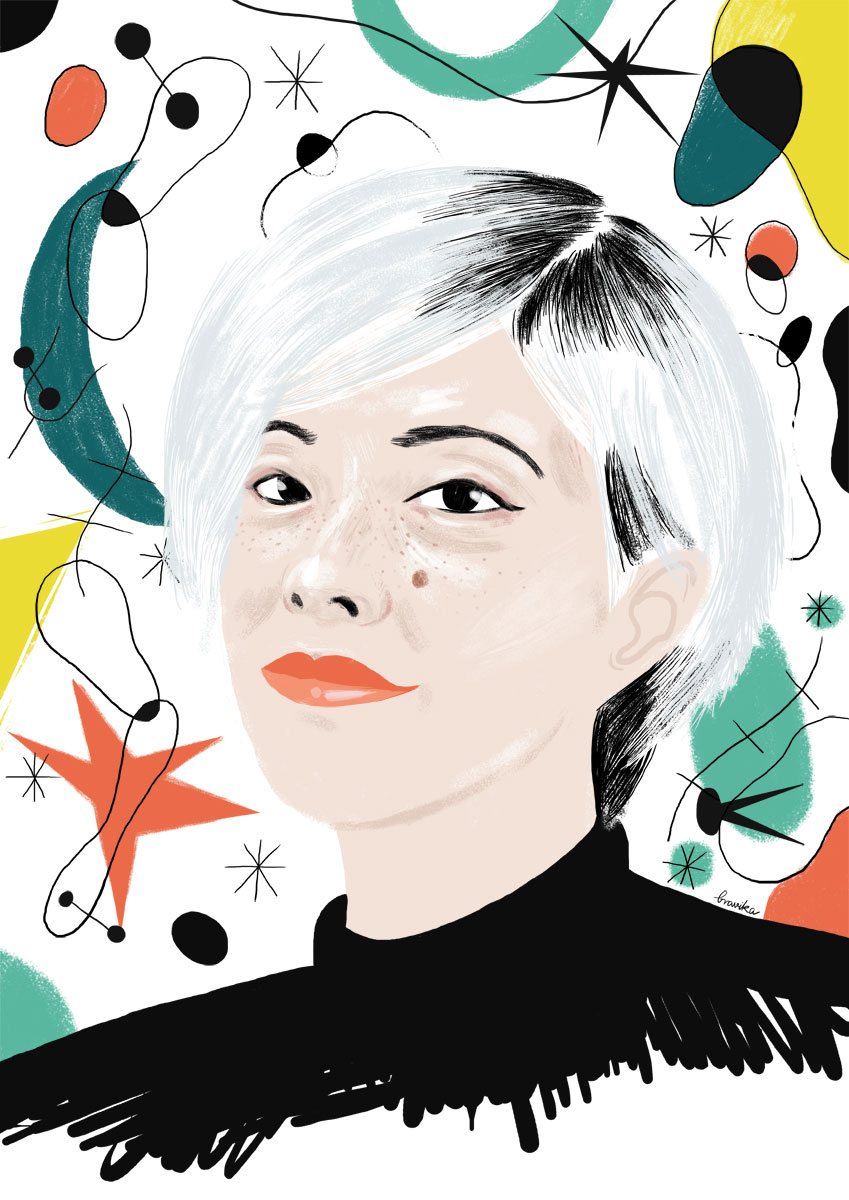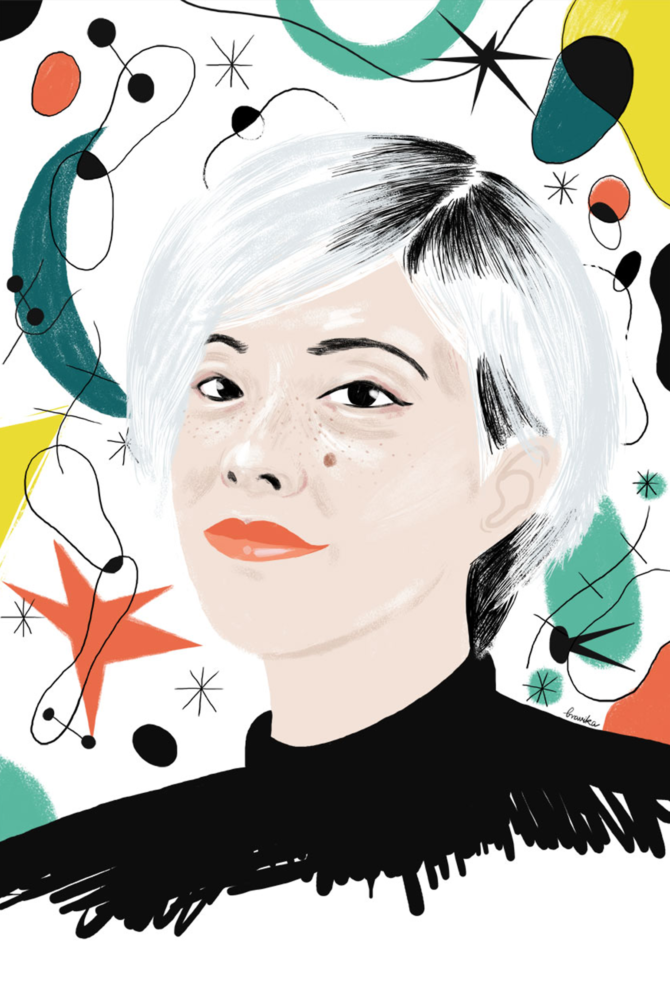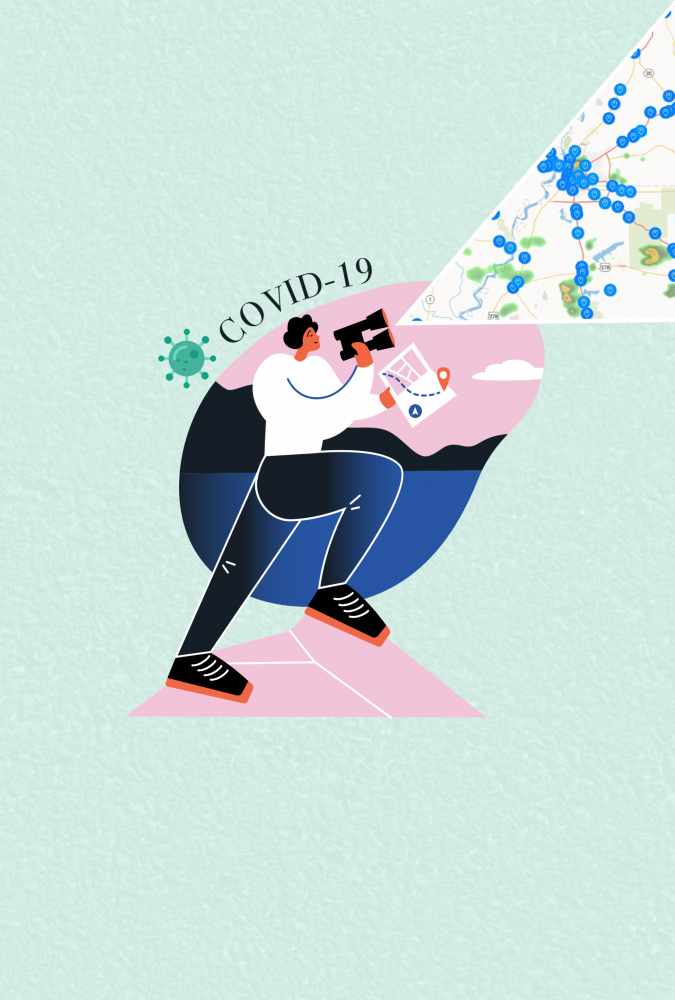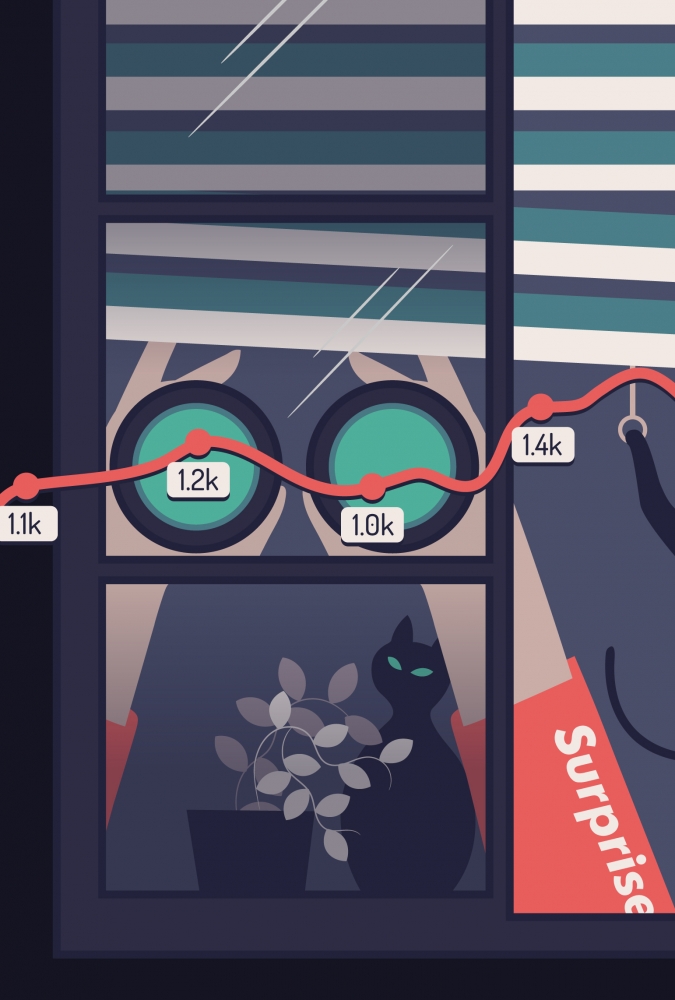
Did you have a goal when this all started? What was your intent for Makers of Barcelona?
I wanted to create a coffee shop with digital provocation. Now, we are allowing people to scale up and scale faster than was ever in their capacity before. With us, you can earn a nano degree in 6 months. We created the first place where individuals and small communities have the capacity and access to physical and economical resources like Kickstarter.
How do you transform thinkers to makers? There are a lot of great ideas floating in corporations and government agencies and such, but how do you turn those into something that’s being acted on?
There are a couple of tricks to getting thinkers to become makers
One – Pairing [that thinker] with someone who literally sits down with them and they make something together – truly an addition. For instance, I never thought that I could code, but working with technology is not as hard as you think it is. Take a printer, there are many many layers to a printer, from the ink cartridge to the paper tray to the ink jet head, but you can break it down into individual pieces. At that point, its not untouchable anymore. The person can learn how the components work by walking through it with the person. We want these technologies to be exposed.
Two – Accepting Failure – it’s not about failing, it’s about what makes it not work. Accept that what you are making is not an end result, it’s not perfection. It’s about incorporating lessons into the next iteration. We are taught in school to turn in a finished product, a finished paper, get a diploma, but in reality life is iterations.
The economy is increasingly dominated by people who don’t make anything — bankers and financiers, marketers, etc. You have done few amazing TED talks focusing on making stuff. Why is making stuff so important?
So I have a background in biology and I studied architecture. For me, moving to Spain was the turning point. I didn’t know anyone and I couldn’t get a job as an architect. Because of that struggle, and because I got pregnant, I knew I was on the trajectory to become a stay at home mom.
After our first kid, my ex-husband got me this sewing machine. What was amazing to me was every single time I’d make something with my hands, it brought out self confidence in me, that sort of sparkle in a child eyes. I thought, wow that’s really powerful, maybe I can get myself out of this situation in my life. So I started hacking hardware, learning how to code, and as I did that I thought how it would be cool if there was a place for people like me to do this together.
As for why I want other people to understand the power behind making – it is all about the mentality shift and the attitude change. It’s not about making stuff, it’s about being able to learn at a super fast rate and gain confidence in yourself.
You have referenced collaborative spaces a lot in your work. Why are they important and what are their benefits?
On the scientific reasoning, have you ever heard of mirror neurons?
Research started in 90’s. The experiment studied monkey brains and the brain waves emitted when they were given a nut and a nut breaker. These monkeys did not know how to use the nutbreaker, and so the scientists registered their activities on a computer. At some point, the monkey stopped trying and another scientist walked into the room and cracked the nut open. While the scientist cracked the nut, the monkey’s brain waves matched the scientists’ waves. This meant that by just watching the person cracking the nut, the monkey’s brain was essentially also cracking the nut. They saw mirrored activity.
As for the physical reason collaborative spaces became so popular, it began with the beginning of startups. The startup explosion started after group in 1990s. They couldn’t compete with how normal established companies afford innovation, so these startup people had to change. They chose to be in collaboration spaces because they couldn’t afford office spaces. In these spaces, 25% of the people come in and out every month. There is a consistent flux of people coming in and out with ideas and projects, and established companies don’t have that fluidity. They have structure, so they reach out to communities like us. The benefit is that they do have structure and resources and expertise, so they are able to innovate because of their old school bureaucratic structure. Because lots of startups crash, the best thing for them is when they bridge with corporations and collaborate.
What is the 3 most important or source of information you can recommend to anyone looking to turn ideas into action?
Azeem Azhar – The Exponential View – this is the best.
Do you have anything else you think is important for people to know?
The most, ultra important subject is this social train concept- we have all gotten into it, we focus on getting into it. You need to get that job, buy that house, buy that car, but that train doesn’t work anymore, yet we still try to get on. We need to be critical of why we are still stepping on this train- this is not sustainable- as we are killing not only us but earth.
Cecilia Tham is a Biologist turned designer turned entrepreneur an a leading evangelist on sustainable models for open innovation. She has launched various business and start-ups and is the tireless founder of Makers of Barcelona (MOB) and FabCafe Barcelona. MOB is a collaborative community co-working facility. FabCafe is a new concept that brings digital fabrication tools to the everyday environment of a coffee shop. Her latest venture, Assemble.rs, an online open innovation management platform that enables all to assemble, accelerate and analyze innovation as an individual as well as a collective. She is also founded MEAT a co-creative agency that enables companies to innovate openly in design and technology. Cecilia is a designer and biologist by training, a serial entrepreneur by choice, and a compulsive maker for life. She is a 4-time TEDxBarcelona speaker, and has also spoken at Open FAC and 4YFN. She is a mentor at Google Launchpad Barcelona, Startupbootcamp IoT & Data, and Harvard Innovation Lab.
To keep tabs on Cecilia, follow her on Twitter @CeciliaMTham or through MOB and FabCafe.
Illustration by Gravika



